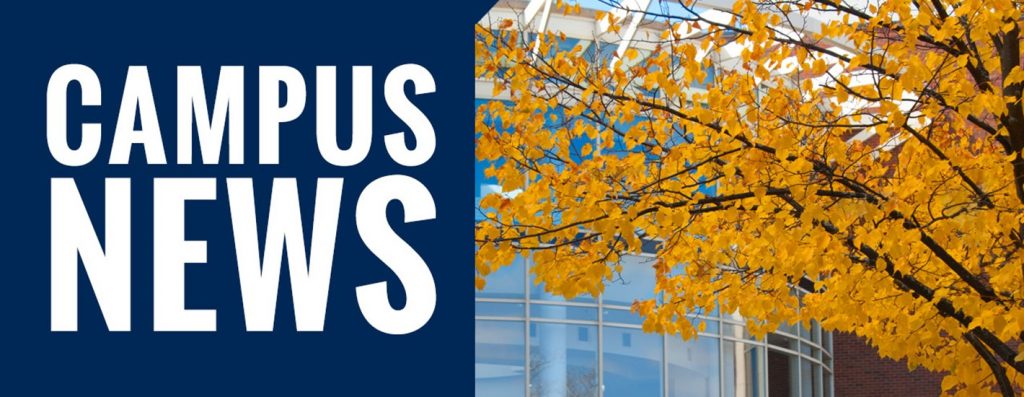
Rochester Community and Technical College’s Center for Business and Workforce Education, will participate in a collaboration with Olmsted Medical Center (OMC) and Intercultural Mutual Assistance Association (IMAA) both of which were awarded dual-training grants.
Established by the Minnesota Legislature in 2014, these grants are a part of the Minnesota Private Investment, Public Education, Labor and Industry Experience (PIPELINE) Program, which provide financial assistance to structure on-the-job training and related instruction so employees can develop the skills necessary to successfully become employed in a high-demand career. RCTC’s Director for Business and Workforce Education, Jennifer Wilson Ph.D., states “The idea behind these grants is for education to collaborate with industry and develop a highly rigorous training program.”
According to the Department of Labor and Industry, the dual-training grant is an “earn-while-you-learn approach where the employer invests in their employee to become trained to an industry standard for a specific occupation” (https://www.dli.mn.gov/pipeline). These training programs must be in one of four workforce industry areas including advanced manufacturing, agriculture, health care services, or information technology. Once individuals complete their training, the employer will provide a living wage to the employee. What makes these grants unusual is that they must have an on-the job component built into the curriculum which is provided by the employer.
In addition, the PIPELINE grants differ from many other grants because funds can be used to cover student/employees’ tuition, fees and required materials allowing the training to be developed as a credit or non-credit program. Ultimately, the ideal is for individuals to receive an industry credential, which validates their skills in the industry.
RCTC’s Business and Workforce Education department will be working with Olmsted Medical Center to develop a training program that will expand employment opportunities for Medical Laboratory Technician Assistants (MLTAs) as well as work with IMAA and other regional partners on a Community Health Worker certificate program.
